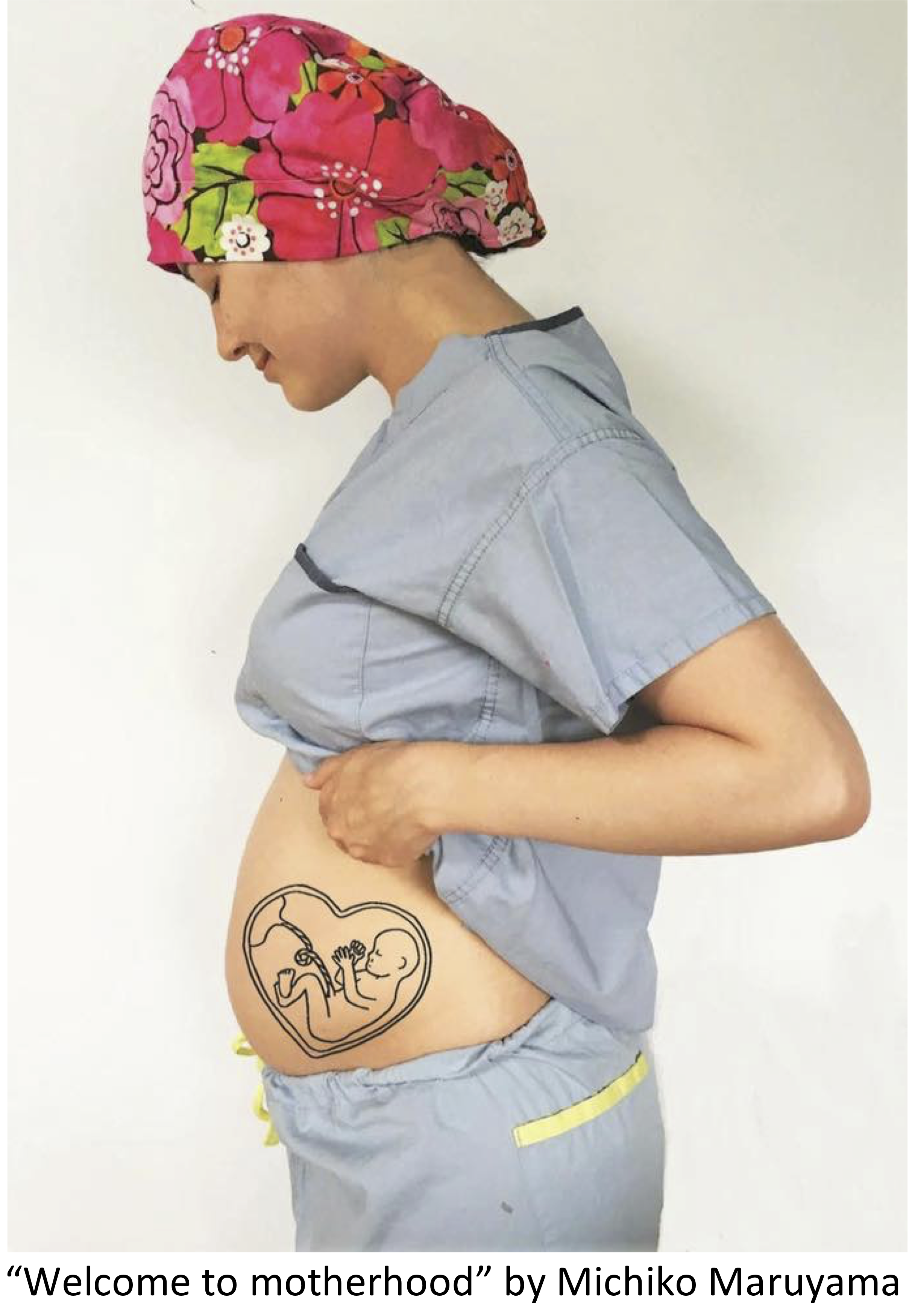Use of portfolios for assessment of global health residents: qualitative evaluation of design and implementation
DOI :
https://doi.org/10.36834/cmej.36642Mots-clés :
global health, family medicine, resident assessment, medical educationRésumé
Background: When the Global Health training program was created at the University of Calgary, residents were encouraged to seek learning experiences that met their career goals and individualized objectives. An assessment tool was sought that could be reliable, valid, yet flexible. A portfolio process was chosen, but research was necessary to determine whether it was robust.
Methods: A qualitative study was conducted with academic experts in Canadian residency training, as well as directors and residents involved in Global Health study in order to assess the validity and benefit of such a tool. Through an online survey, interviews, and focus groups, views on the portfolio and intended content were collected and coded thematically.
Results: Multiple themes emerged from the content analysis. Overall, all stakeholders (residents and faculty) were supportive of the use of portfolios for summative assessment, mentioning authentic and varying assessments, reflective and narrative components, and mentor interaction as positive attributes, but they did have many recommendations.
Conclusion: This qualitative evaluation validated the use of portfolios for this cohort of students while yielding comments and suggestions that will further enhance the interactive and flexible nature of this seldom used assessment tool. These findings contribute to the understanding of how Global Health assessment can remain individualized yet rigorous.
Téléchargements
Publié
Numéro
Rubrique
Licence
La soumission d’un manuscrit original à la revue constitue une indication qu’il s’agit d’un travail original, qu’il n’a jamais été publié et qu’il n’est pas envisagé pour publication dans une autre revue. S’il est accepté, il sera publié en ligne et ne pourra l’être ailleurs sous la même forme, à des fins commerciales, dans quelque langue que ce soit, sans l’accord de l’éditeur.
La publication d’une recherche scientifique a pour but la diffusion de connaissances et, sous un régime sans but lucratif, ne profite financièrement ni à l’éditeur ni à l’auteur.
Les auteurs qui publient dans la Revue canadienne d’éducation médicale acceptent de publier leurs articles sous la licence Creative Commons Paternité - Pas d’utilisation commerciale, Pas de modification 4.0 Canada. Cette licence permet à quiconque de télécharger et de partager l’article à des fins non commerciales, à condition d’en attribuer le crédit aux auteurs. Pour plus de détails sur les droits que les auteurs accordent aux utilisateurs de leur travail, veuillez consulter le résumé de la licence et la licence complète.











